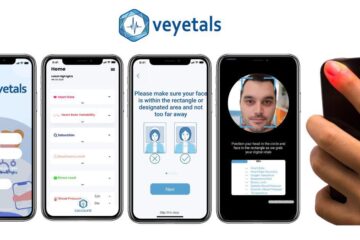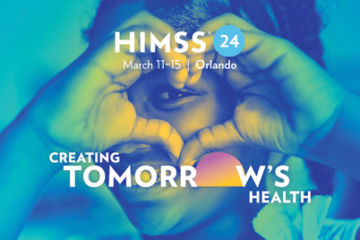The pharmaceutical industry, often referred to as Big Pharma, stands on the cusp of a revolutionary change. The integration of real-time health data, facilitated by advanced technologies such as remote photoplethysmography (rPPG), vital signs apps, and prickless glucose monitors, is reshaping how this sector operates. This blog delves into the impact of real-time health data on Big Pharma, highlighting its role in increasing efficiency, personalizing health plans, and speeding up the drug discovery process.
The Digital Transformation of Big Pharma
The pharmaceutical industry is undergoing a digital transformation, pivoting towards a data-driven approach. The incorporation of real-time health data, gathered from various sources like vitals apps and contactless patient monitoring devices, is at the forefront of this shift. This data is invaluable in streamlining operations, from research and development to clinical trials and patient care.
Enhancing Drug Development with Real-Time Data
One of the most significant impacts of real-time health data is on the drug development process. By leveraging data from sources like rPPG technology and prickless diabetes meters, pharmaceutical companies can gain deeper insights into patient health patterns and disease progression. This information is crucial in identifying potential therapeutic targets and developing more effective drugs.
Personalized Health Plans and Clinical Trials
Real-time health data enables the creation of personalized health plans, which can be used to tailor clinical trials more effectively. This approach ensures that trials are more representative of the target population, potentially reducing the time and cost associated with drug development.
Revolutionizing Clinical Trials with Technology
The traditional model of clinical trials is being transformed by the infusion of technology. Vitals apps and free vital sign apps allow for continuous monitoring of trial participants, providing a wealth of data that can be analyzed to assess drug efficacy and safety.
Remote Photoplethysmography (rPPG) in Clinical Research
rPPG technology, a non-invasive method to measure blood volume changes, is proving to be a game-changer in clinical research. Its application in trials allows for the monitoring of cardiovascular health indicators, providing real-time data that can be used to make informed decisions during the drug development process.
The Role of Prickless Glucose Monitors
For conditions like diabetes, prickless glucose monitors have revolutionized patient monitoring. These devices provide continuous glucose readings without the need for painful finger-pricking, offering a more patient-friendly approach to data collection in clinical trials.
The Impact on Patient Recruitment and Retention
The use of real-time health data technologies also positively impacts patient recruitment and retention in clinical trials. By offering less invasive and more convenient monitoring options, Big Pharma can attract a wider pool of participants and ensure higher retention rates, crucial for the success of clinical trials.
Streamlining Data Analysis and Decision Making
The influx of real-time health data enables quicker and more accurate analysis, leading to faster decision-making in the pharmaceutical industry. This efficiency not only accelerates the drug development process but also ensures that medications reach patients who need them more swiftly.
Contactless Patient Monitoring: A New Norm
In an era where minimally invasive techniques are preferred, contactless patient monitoring technologies like rPPG are becoming increasingly popular. These tools not only enhance patient comfort but also provide a continuous stream of health data, essential for real-time monitoring and analysis in pharmaceutical research.
The Future of Corporate Wellness Programs
Corporate wellness programs are also benefiting from these technological advancements. By incorporating health monitoring tools, companies can offer their employees personalized health insights, contributing to a healthier workforce and potentially providing valuable data for pharmaceutical research.
Challenges and Opportunities
Despite the promising potential, the integration of real-time health data into Big Pharma comes with its challenges. Issues related to data privacy, cybersecurity, and the need for standardization across different platforms must be addressed. Additionally, there’s a need for a skilled workforce capable of interpreting and utilizing this vast amount of data effectively.
The Ethical Considerations
As Big Pharma ventures deeper into the realm of real-time health data, ethical considerations around patient consent and data usage become increasingly important. Ensuring transparency and adhering to ethical guidelines is paramount to maintain public trust and credibility in the pharmaceutical industry.
Conclusion
The integration of real-time health data is set to redefine the pharmaceutical industry. Technologies like remote photoplethysmography, vital signs apps, and prickless glucose monitors are not just tools but catalysts for a new era in drug development. They promise to make the drug discovery process more efficient, patient-centric, and responsive to the ever-evolving healthcare needs. As Big Pharma continues to embrace these technological advancements, the future looks promising. With the potential to streamline operations, personalize healthcare, and accelerate the journey from the lab to the patient, real-time health data stands as a cornerstone in the ongoing evolution of the pharmaceutical industry.



